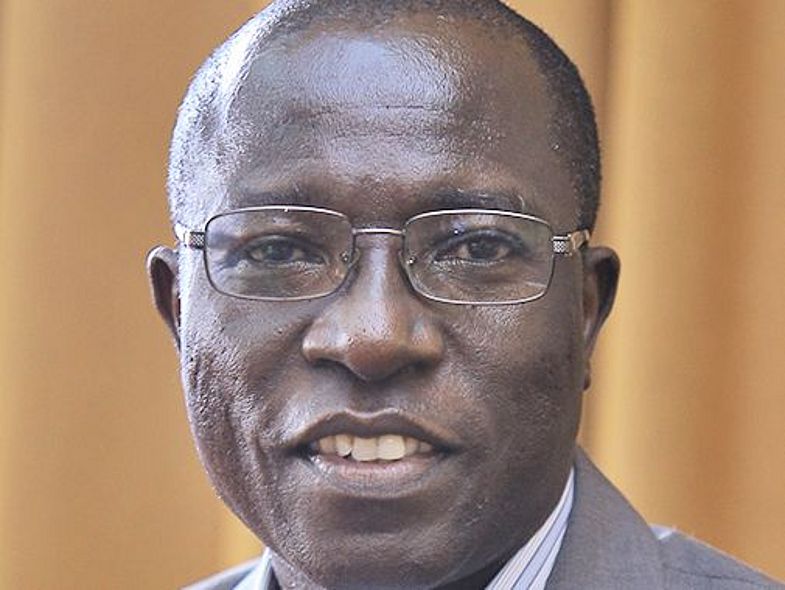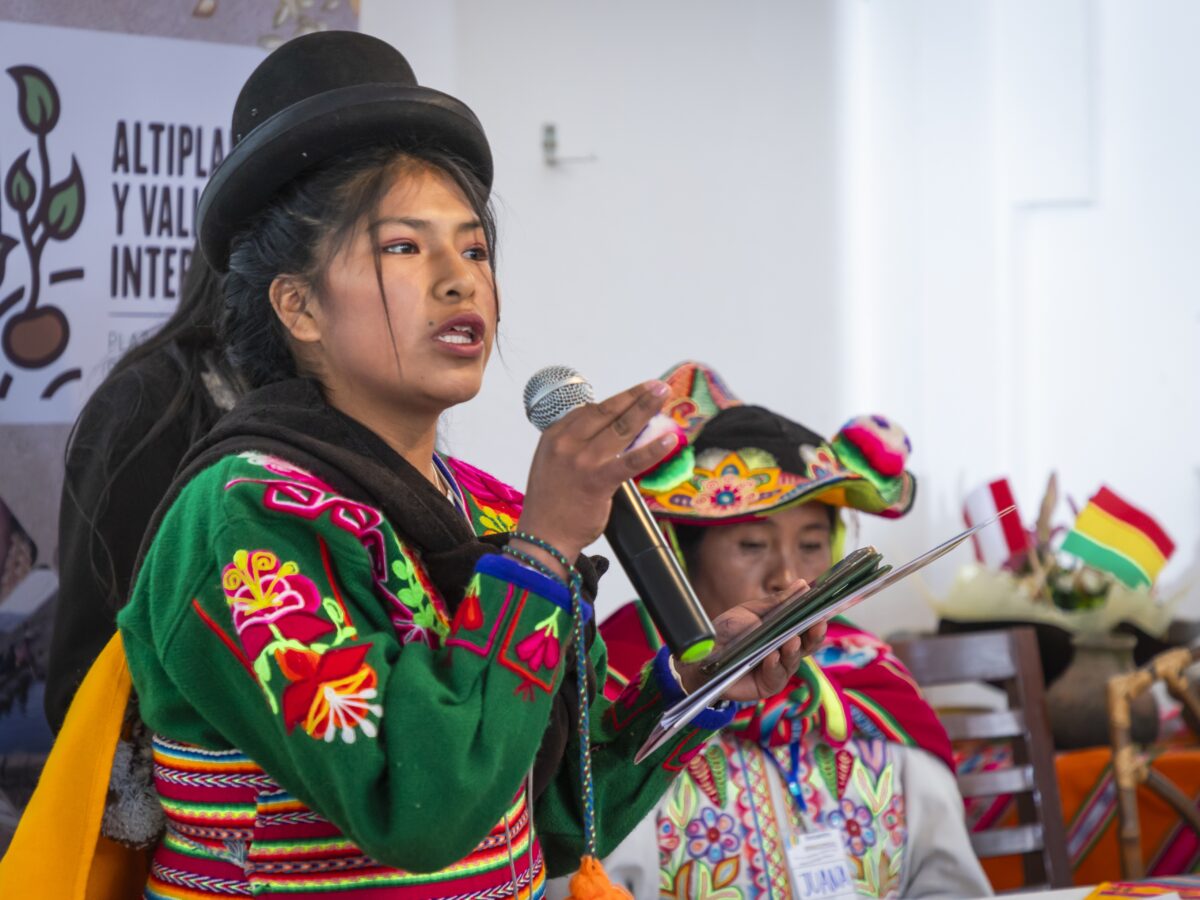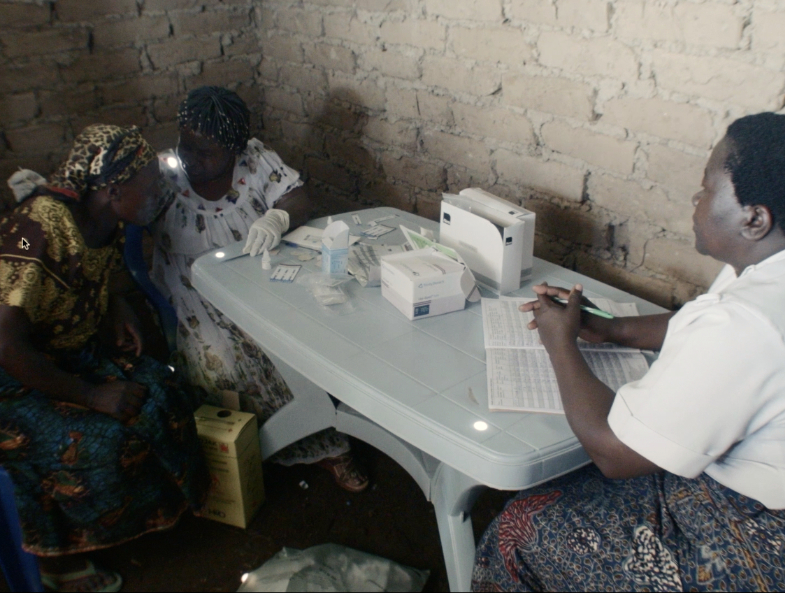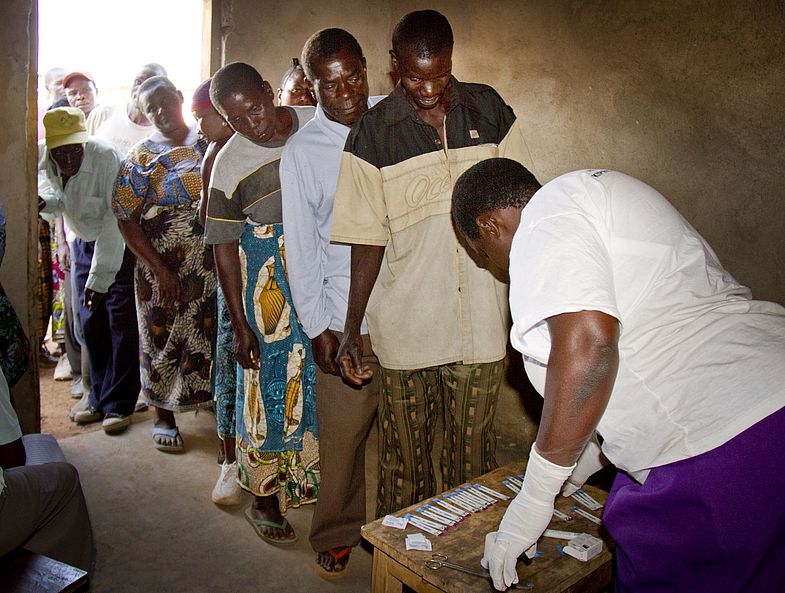How do we achieve more justice in international development cooperation? Systemic change starts with language, says Moses Isooba, director of the NGO Forum in Uganda.
Why is it called "International Summer School" when there is no summer in the countries of many participants? Why do some representatives of NGOs say they go "into the field" when they visit projects in an African country on a business trip, but never when they travel to London or Paris on business? Why are Australia or New Zealand not included when we talk about the "global south", even though they are in the southern hemisphere? And how can power be equally distributed if people without English skills cannot participate in discussions about international development cooperation?
These questions were posed by Moses Isooba, director of the NGO Forum in Uganda. He pleads for a fundamental rethinking of the way language is used. Only in this way, he said, can the system of international development cooperation be transformed in such a way that the previously unequal power relations become more balanced.
We need to start moving away from the predominance of English, Spanish or French, he said. Project applications should be able to be submitted not only in writing, but also in video formats in local languages, for example.
Isoba's presentation met with much approval and interest from the audience, as well as many follow-up questions. Some of them are likely to be discussed further this evening: At 7 p.m. (Central European Time), Muganzi Muhanguzi Isharaza, communications specialist for international NGOS in the UK and Uganda, will speak about the decolonization of images and language in international NGOS.
All News






